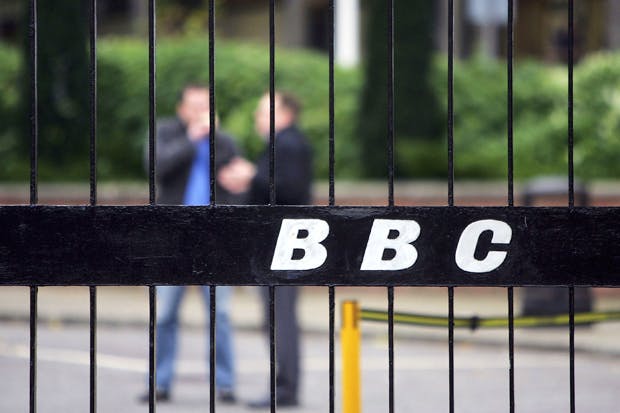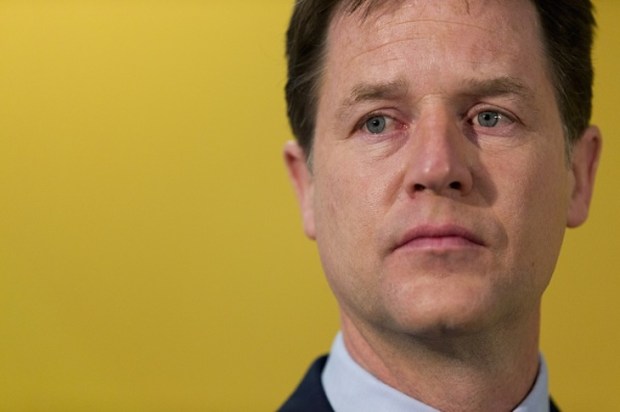What follows is a proposal for reducing the BBC licence fee and improving the corporation’s output while saving the British newspaper industry.
All that’s involved is a basic understanding of pricing psychology combined with a digital currency for micropayments. Under my proposals, half the licence fee would fund the BBC’s Reithian purpose; the other £60 could be paid direct to the BBC as now or, if you chose, paid to you as a digital currency (6,000 Beebcoins). People could buy additional Beebcoins, which could be spent on BBC or competitor content — including content from newspapers. Notionally the BBC would lose out; in practice they would gain revenue, as they could now sell premium services. When people can choose what they buy, they buy more and pay more.
A simple fact: people hate paying for things they don’t want. Nothing remarkable there, except people especially hate paying for things they don’t want bundled with things they do want. One behavioural experiment asked people what they would pay for three attractive pens; the average was about $30. But offer the same three nice pens with one crappy pen added and the amount people pay falls. I know, I know — it’s illogical. Why not throw the crappy pen away? But that’s not how we think. People who’d pay £10 a month just for Radio 4 resent the licence fee because they don’t like Graham Norton.
I’d pay £1 to read any article by John Kay, but can’t bring myself to subscribe to the FT because I’d have to pay for pages of guff on the ‘Central Bank crisis in Ecuador’; I won’t subscribe to the New York Times because, as a Brit, I refuse to pay for articles about the ‘knife-edge gubernatorial race in Iowa’. If I could buy articles one at a time, I’d pay a lot.
In a nutshell, people spend more when they feel they can direct their spending. Millions of people would not have a mobile phone if there were no pay-as-you-go option. People would never go to Starbucks if they were billed annually.
Starbucks makes money because it ingeniously offers people something costing £2.30 at a place and time when people are in the mood to spend £2.30. Create a payment mechanism where the BBC (and The Spectator and the Guardian) can microcharge, and you capture far more consumer surplus. ‘Viewers can wait a week to watch the concluding episode of Unfeasibly Attractive Forensic Scientists, or pay 199 Beebcoins and watch it now.’ Ker-ching! ‘This week’s Rod Liddle Uncut is available for 40 Beebcoins.’ Ker-ching!
I once spent £35 taking my daughter and friend to a premiere of Doctor Who at a multiplex cinema. Halfway there she admitted that the same episode was being shown concurrently on BBC1. (‘What if I buy a £10 ticket to Screen 2?’ I asked. ‘Can I watch Newsnight?’) I had spent 25 per cent of the annual licence fee on a single programme. It goes to show that if you want to grow a market, you need to practise what economists call ‘price discrimination’. One-size-fits-all charging kills your ability to charge. Hollywood sells the same film seven times over at different price points. The low-cost airlines survive on the sale of add-ons.
Charging in this way also helps niche content — chasing a small passionate audience rather than a large homogeneous one. Credit cards are fine if you’re buying a film for £10, but not for a newspaper article for 10p or a TV programme for 50p. The technology to microcharge already exists (my bitcoin address is in the QR code above, if you want to send me 1p). What’s missing is the critical mass.
Got something to add? Join the discussion and comment below.
Get 10 issues for just $10
Subscribe to The Spectator Australia today for the next 10 magazine issues, plus full online access, for just $10.















Comments
Don't miss out
Join the conversation with other Spectator Australia readers. Subscribe to leave a comment.
SUBSCRIBEAlready a subscriber? Log in